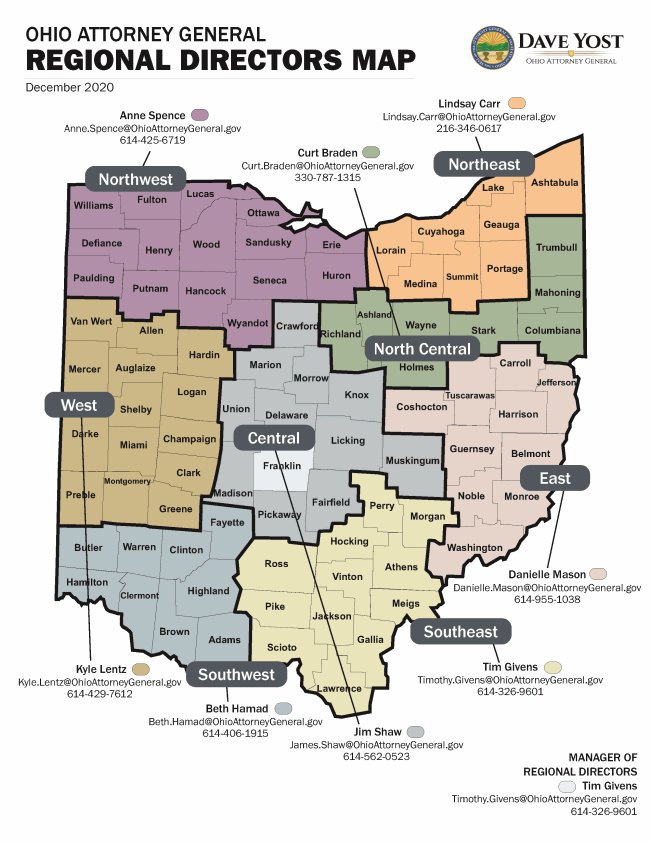“Leave no man behind” is a military tradition that probably extends back to the beginning of time.
It is a promise that soldiers make to one another: If you fall on the battlefield, we will bring you home to your country and loved ones.
But as a nation, we have not always made good on this promise. Even after we bring our wounded warriors home, in thousands of cases we have left their minds and spirits trapped on the battlefield, endlessly reliving their traumas.
Many of these veterans try to silence their demons in destructive ways, whether through substance abuse, violence or suicide. Many of them, dogged by addiction, cycle in and out of prisons, jails and homelessness.
This tragic reality is one that first responders throughout Ohio know well.
To change this, I am working with Ohio Supreme Court Justice Sharon Kennedy and former Justice Evelyn Lundberg Stratton to boost local support for veterans. My office’s regional directors are contacting law enforcement agencies to find out whether they operate crisis programming for veterans.
Many measures, even simple ones, can make a difference, and any efforts should be suited to the needs of your community. For example:
- We encourage agencies to have officers who served display insignia on their uniforms, such as pins, that mark them as military veterans. This sign of solidarity can encourage struggling veterans to open up to these officers, who are sure to better understand them.
- Agencies also can add a simple checkbox to paperwork as a way of documenting a person’s military service. Such information can identify the person as eligible for specialized resources if the case proceeds through the judicial system. The checkbox also can alert local Veterans Affairs offices of a veteran needing help, especially if that link can be automated or if someone in the agency takes on the responsibility of making the notification.
- Officers can be given special training on how to talk with veterans in crisis, deal with post-traumatic stress disorder and recognize warning signs.
- Those agencies with the capacity can form crisis-intervention teams that combine veteran-specific knowledge with informed emergency response.
Some agencies, including the Cincinnati and Dayton police departments, already commit to providing such help. Other agencies have recently decided to dig into the issue, including the Lucas County Sheriff’s Office and the Toledo Police and Fire departments.
I salute these agencies and the others performing such an important community service.
My office stands willing to help anyone seeking to join the effort.
Yours,
Dave Yost
Ohio Attorney General
